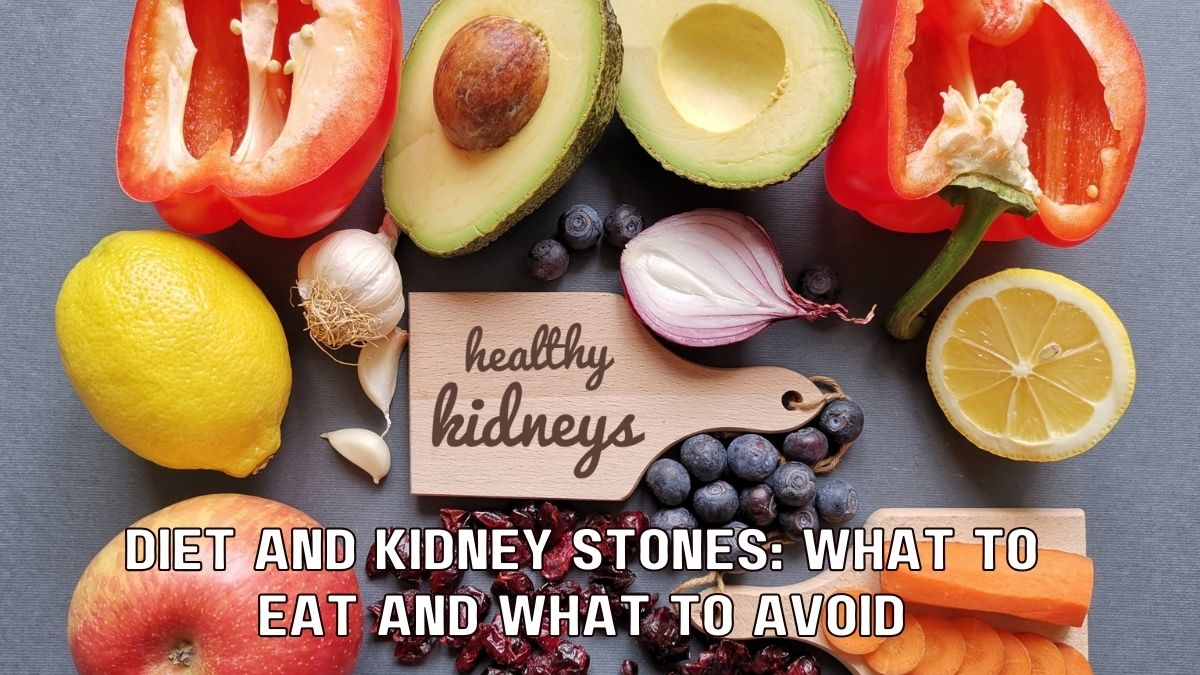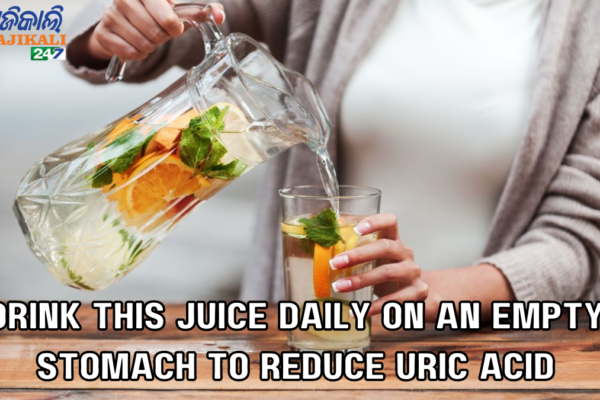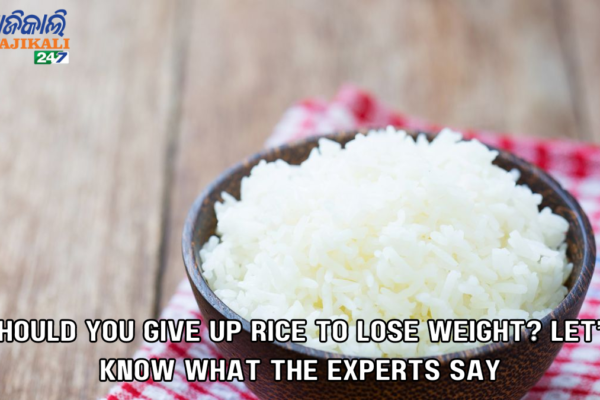Introduction
Kidney stones are notorious for causing excruciating pain and discomfort. While there are various factors contributing to their formation, your diet plays a pivotal role. Understanding what foods to include and what to steer clear of can significantly reduce your risk of developing kidney stones.
The Role of Diet in Kidney Stone Formation:
Kidney stones are solid crystals that form in the kidneys. They are composed of minerals and salts that have accumulated and crystallized over time. Dietary choices can influence the concentration of these substances in your urine, making it easier or harder for stones to develop.
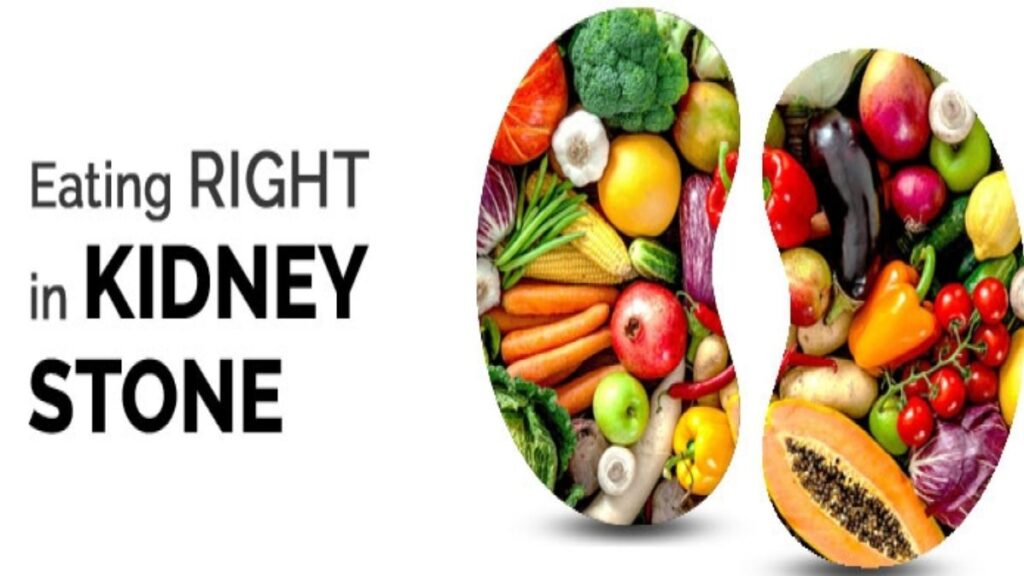
What to Eat:
Stay Hydrated: Water is your best friend when it comes to preventing kidney stones. It dilutes the minerals and salts in your urine, making it less likely for stones to form. Aim for at least 8-10 glasses of water a day, and more if you’re physically active or live in a hot climate.

Citrus Fruits: Citrus fruits like lemons, oranges, and grapefruits contain citrate, which can help prevent stone formation. Citrate binds to calcium, reducing the risk of crystallization.
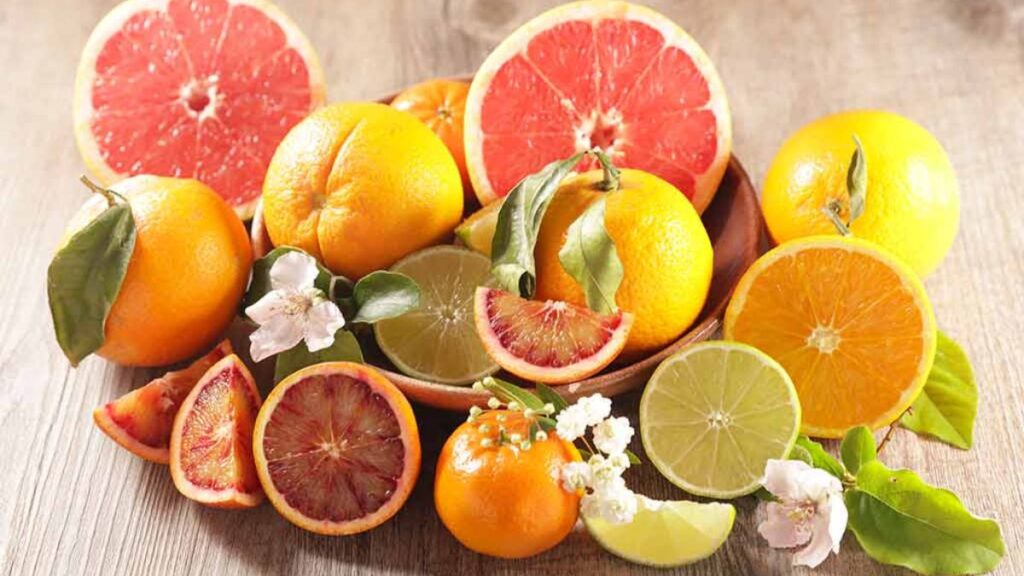
Calcium-Rich Foods: Contrary to popular belief, a diet rich in calcium from foods like milk, yogurt, and cheese may actually lower the risk of kidney stones. Calcium can bind to oxalates in your digestive tract, preventing them from reaching your kidneys.
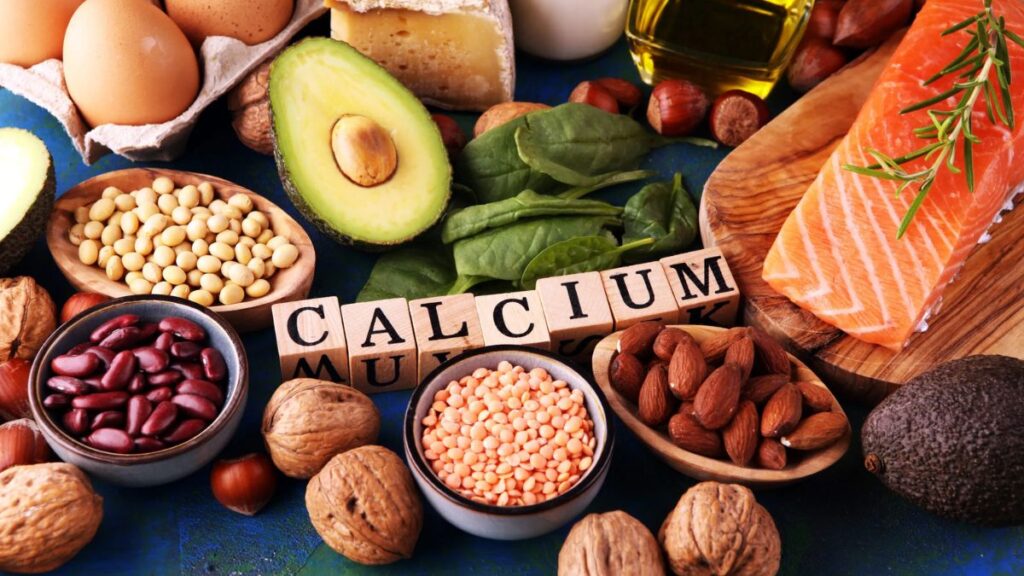
Fiber: A diet high in fiber from fruits, vegetables, and whole grains can help regulate the absorption of oxalates, another common component of kidney stones.
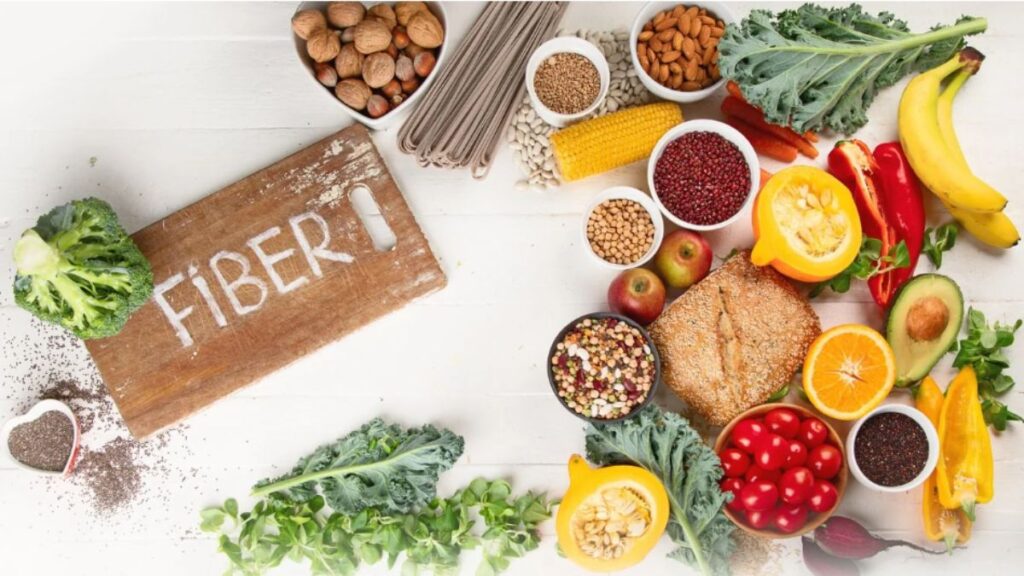
Moderate Protein: Excessive animal protein intake can lead to the formation of uric acid stones. Balance your protein sources with plant-based options like beans and lentils.

What to Avoid:
Sodium: A high-sodium diet can increase calcium levels in your urine, promoting stone formation. Limit your sodium intake by avoiding processed and fast foods.
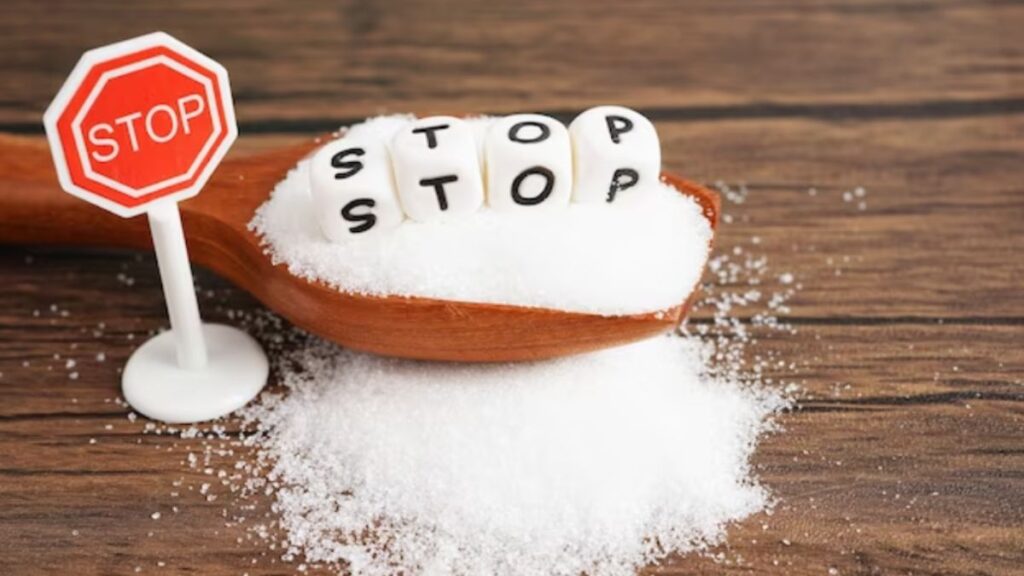
Oxalate-Rich Foods: Some foods are high in oxalates, including spinach, rhubarb, and beets. While these can be part of a healthy diet, consume them in moderation if you’re prone to kidney stones.

Animal Protein: As mentioned earlier, excessive animal protein can lead to uric acid stone formation. Limit red meat and opt for leaner sources.

Caffeine and Soda: Beverages like coffee and soda can contribute to stone formation due to their caffeine and sugar content. Opt for water or herbal tea instead.

Alcohol: Alcohol can dehydrate you, making it easier for minerals and salts to crystallize in your urine. If you choose to drink, do so in moderation and compensate with extra water.

Conclusion:
While genetics and other factors play a role in kidney stone formation, your diet is a controllable factor that can make a significant difference. By staying hydrated, eating a balanced diet rich in fruits and vegetables, and being mindful of your sodium and protein intake, you can reduce your risk of developing kidney stones. If you have a history of kidney stones or specific dietary concerns, consult with a healthcare professional or a registered dietitian for personalized guidance on crafting a stone-preventive diet.

